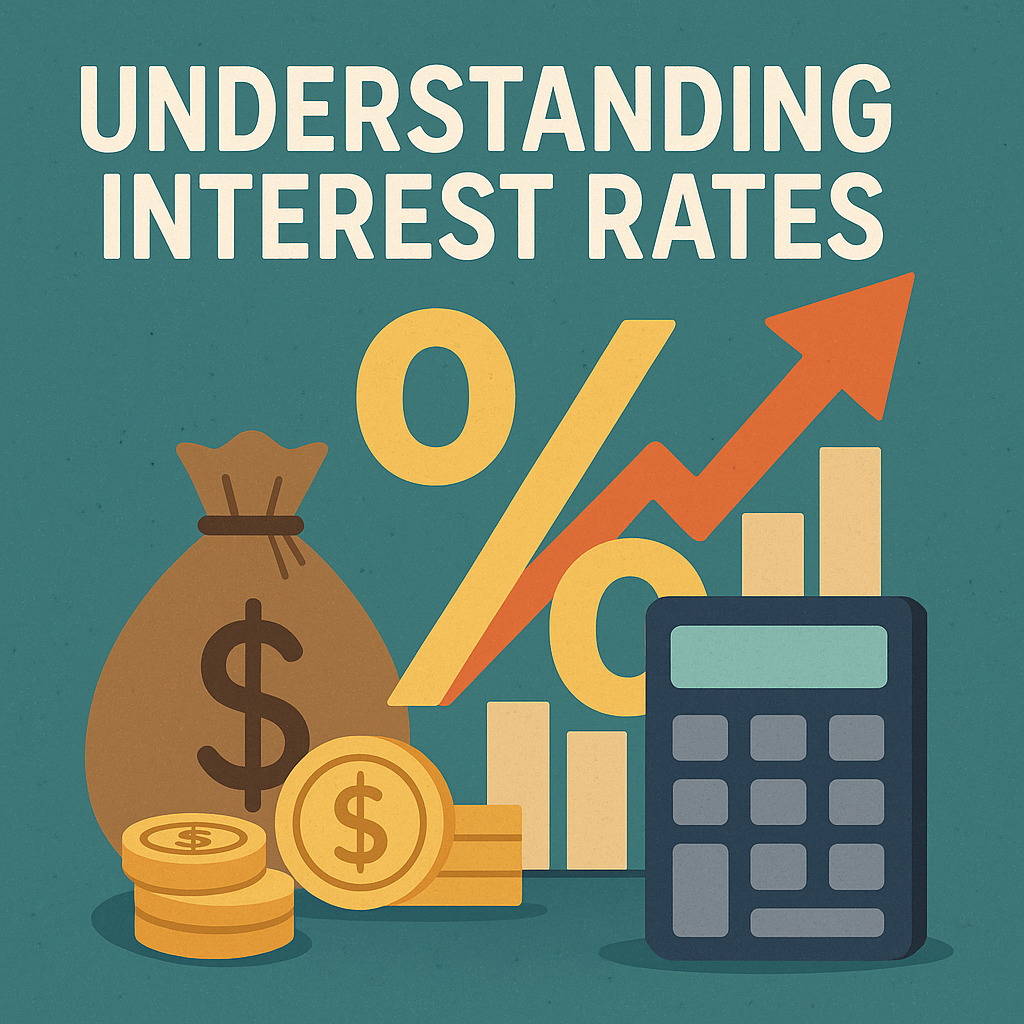Understanding Credit Scores: A Pillar of Loan Approval and Financial Health

In the world of modern finance, your credit score is more than just a number—it is a critical indicator of your financial credibility. Whether you’re applying for a mortgage, personal loan, or even a credit card, lenders look closely at your credit score to determine your eligibility and trustworthiness. Beyond loan approval, this number can impact the interest rates you’re offered, the credit limits you receive, and even your ability to rent a home or secure certain jobs. Understanding the power of your credit score is the first step toward financial empowerment and long-term stability.
What Is a Credit Score?
A credit score is a three-digit number, typically ranging from 300 to 850, that represents your creditworthiness. It is calculated based on your credit history, including factors such as payment habits, debt levels, credit age, and types of credit used. Higher scores suggest a lower risk to lenders, while lower scores may signal a history of missed payments or financial mismanagement. Credit scores are generated by major credit bureaus using proprietary algorithms and are used by lenders, landlords, insurers, and sometimes employers to assess financial responsibility.
The Role of Credit Scores in Loan Approval
When you apply for a loan, lenders use your credit score as a primary tool for evaluating your application. A strong credit score indicates that you’re likely to repay your debts on time, which makes you a more attractive borrower. This can lead to faster approvals, higher loan amounts, and better interest rates. Conversely, a low credit score may result in loan denials, higher interest rates, or the need for collateral or a co-signer. For this reason, maintaining a good credit score is crucial for accessing credit when you need it most.
Components That Make Up Your Credit Score
Understanding what influences your credit score can help you take actionable steps to improve it. The most significant factor is your payment history, which accounts for around 35% of the score. Timely payments boost your score, while late or missed payments can cause a steep decline. The amount of debt you owe, also known as credit utilization, makes up about 30%. Keeping your balances low compared to your credit limits is key. Other factors include the length of your credit history, types of credit used, and recent credit inquiries. Each of these plays a role in shaping your overall score.
Why Credit Scores Reflect Financial Health
Credit scores are often viewed as a mirror of your financial habits. A high score suggests that you manage debt responsibly, pay bills on time, and live within your means. These are the very traits that define good financial health. When you have a healthy credit score, you’re more likely to enjoy financial flexibility, lower borrowing costs, and access to premium credit products. Conversely, a low score can restrict financial opportunities and may even indicate underlying financial stress or mismanagement. Monitoring and improving your score is a vital part of maintaining financial wellness.
How Credit Scores Influence Interest Rates
One of the most tangible impacts of a credit score is how it affects the interest rates you’re offered on loans and credit cards. Lenders use a tiered system, where borrowers with excellent scores receive the most competitive rates, while those with average or poor scores may face higher charges. Over the life of a loan, even a small difference in interest rates can translate into thousands of dollars in additional payments. This is why a good credit score isn’t just about access—it’s about affordability. A better score means borrowing becomes less expensive and more manageable.
The Long-Term Benefits of a High Credit Score
Beyond immediate loan approvals, maintaining a high credit score offers lasting advantages. It allows for higher credit limits, increased negotiating power with lenders, and better insurance premiums. In some cases, it can even influence your ability to rent an apartment or land a job, particularly in roles involving financial responsibility. Over time, a strong credit profile builds trust and credibility in the eyes of financial institutions. This can open doors to better financial products, rewards programs, and business opportunities, making your credit score a valuable asset in both personal and professional contexts.
Common Mistakes That Hurt Your Credit Score
Many people damage their credit score without realizing it. Missing payments, maxing out credit cards, and applying for multiple credit lines in a short period can all lower your score. Closing old accounts can also negatively impact the average age of your credit history. It’s important to stay vigilant by checking your credit reports regularly for errors or signs of identity theft. Correcting mistakes early and understanding the behaviors that hurt your score are essential steps toward building and protecting your credit profile.
Tools and Strategies to Improve Your Credit Score
Improving your credit score takes time and discipline, but it’s entirely achievable with the right strategies. Start by paying all your bills on time, every time. Reduce outstanding debt and aim to keep your credit utilization below 30%. Avoid opening too many new accounts too quickly, and don’t close long-standing accounts that contribute positively to your credit history. There are also digital tools and financial apps that monitor your credit, offer personalized advice, and simulate the effects of various actions on your score. Using these tools can help you make smarter, data-driven financial decisions.
Regular Monitoring for a Healthier Credit Future
In today’s digital era, it’s easier than ever to monitor your credit score. Many banks, credit card companies, and third-party apps offer free credit score tracking and credit report access. Regular monitoring allows you to catch errors, understand score changes, and make timely improvements. It also protects against fraud and identity theft, which can have devastating effects on your credit profile. Making credit monitoring a habit is a proactive way to safeguard your financial health and stay on track toward your financial goals.
Conclusion: Credit Scores as a Measure of Financial Readiness
Your credit score is one of the most important numbers in your financial life. It influences whether you get approved for a loan, how much you’ll pay in interest, and what financial opportunities are available to you. As a key factor in both loan approval and overall financial health, your credit score deserves regular attention and care. By understanding what affects it, avoiding common pitfalls, and taking steps to improve it, you can strengthen your financial foundation and enjoy greater confidence and control over your future.









